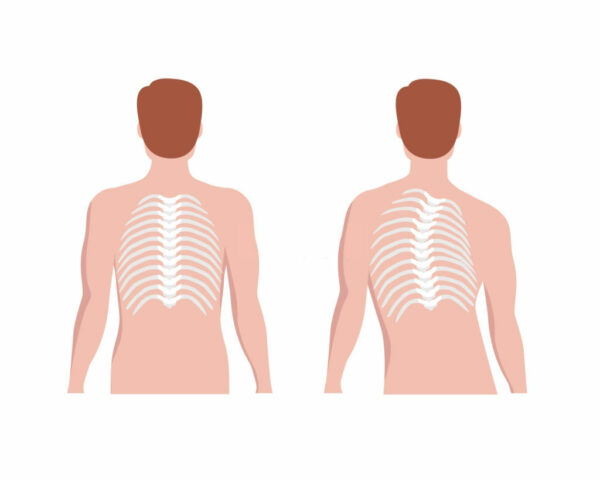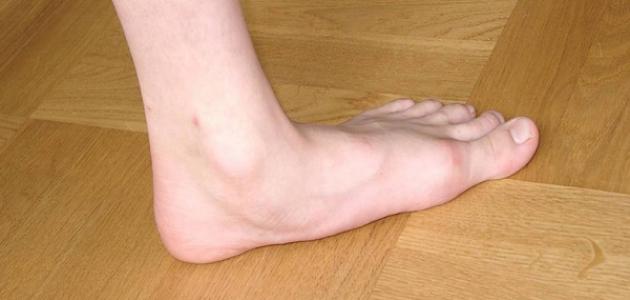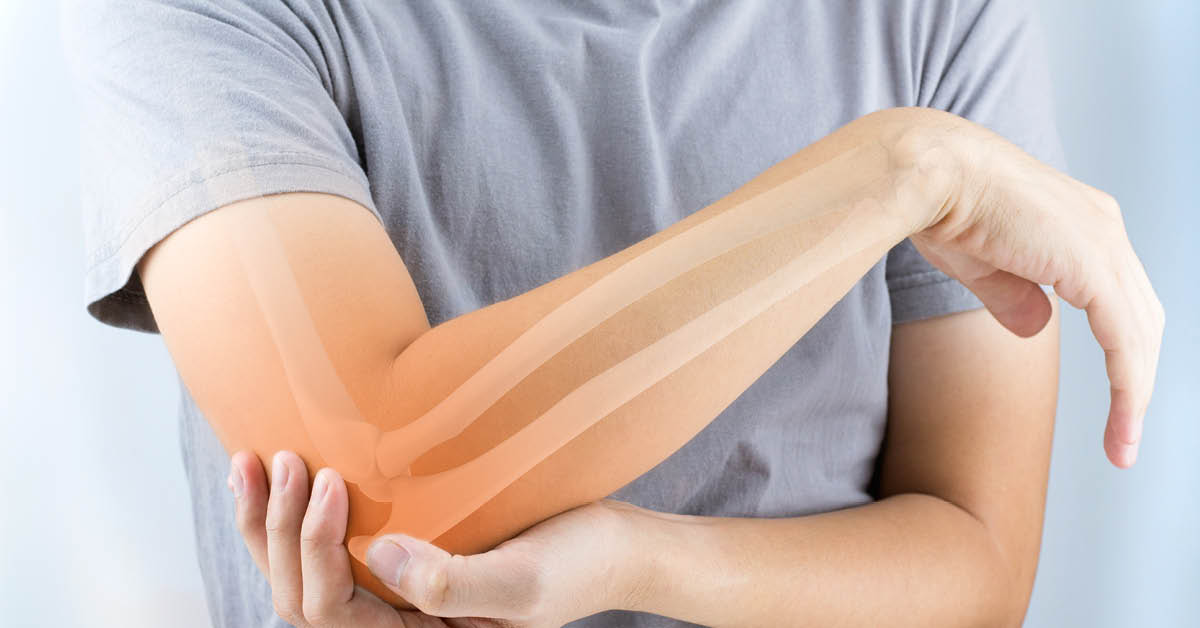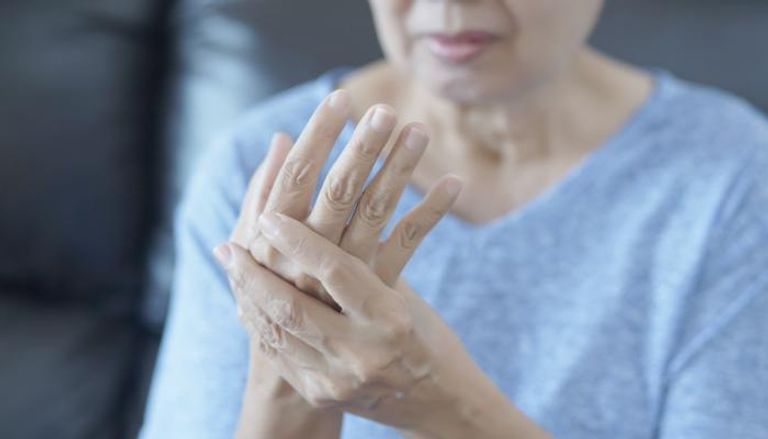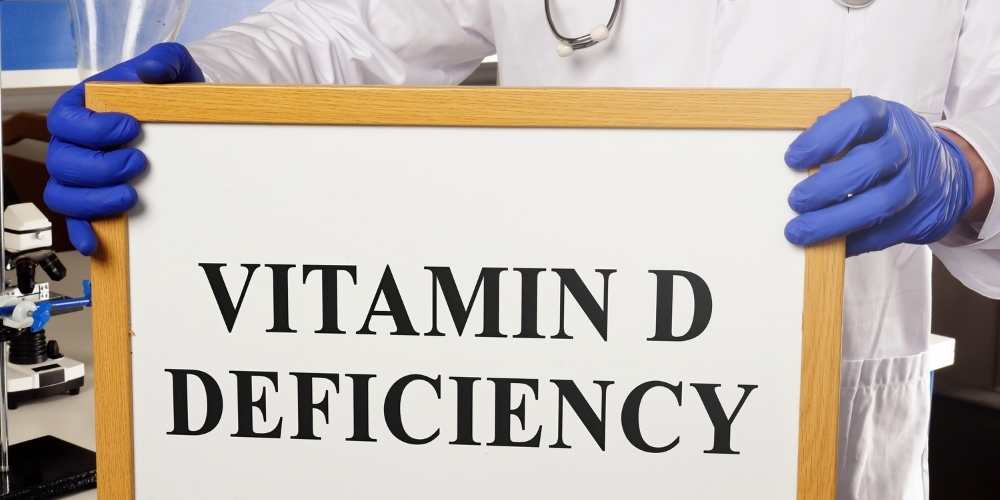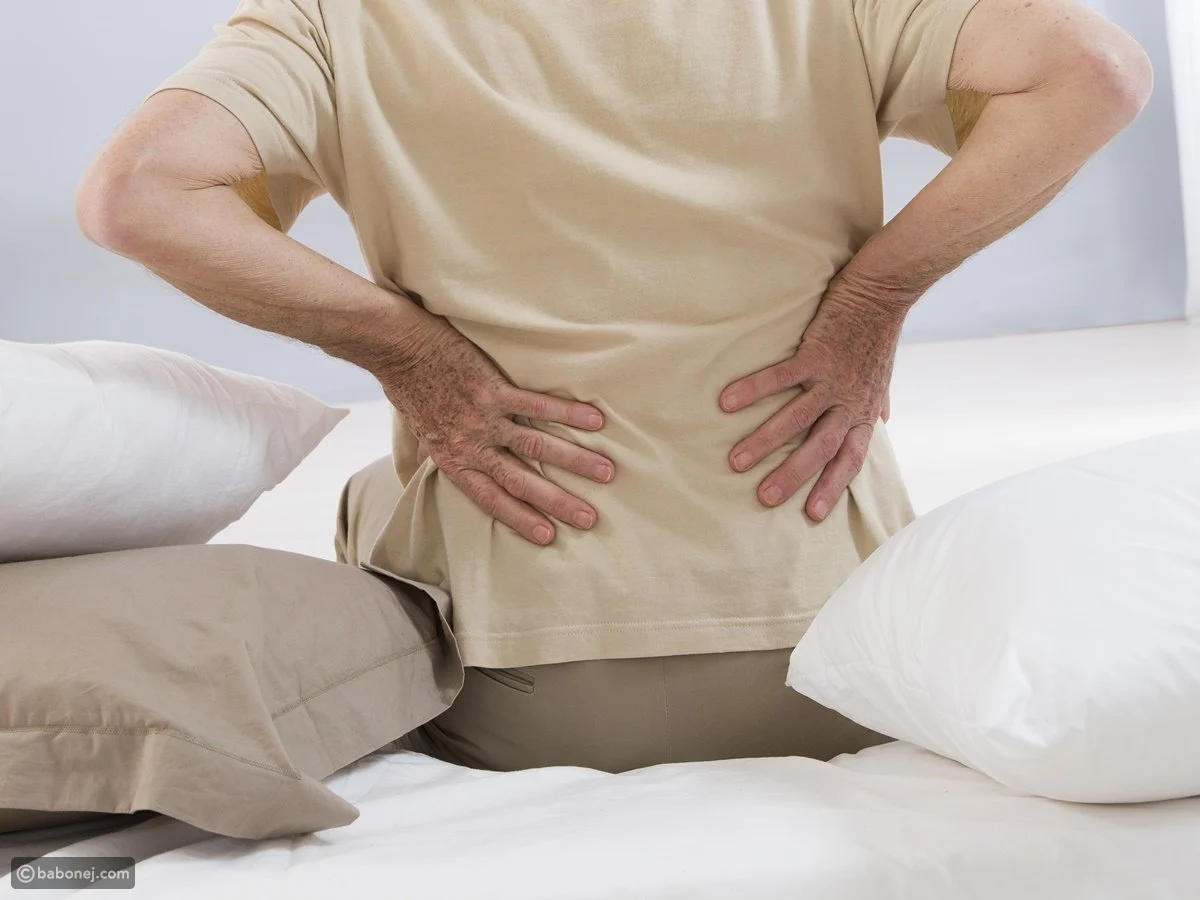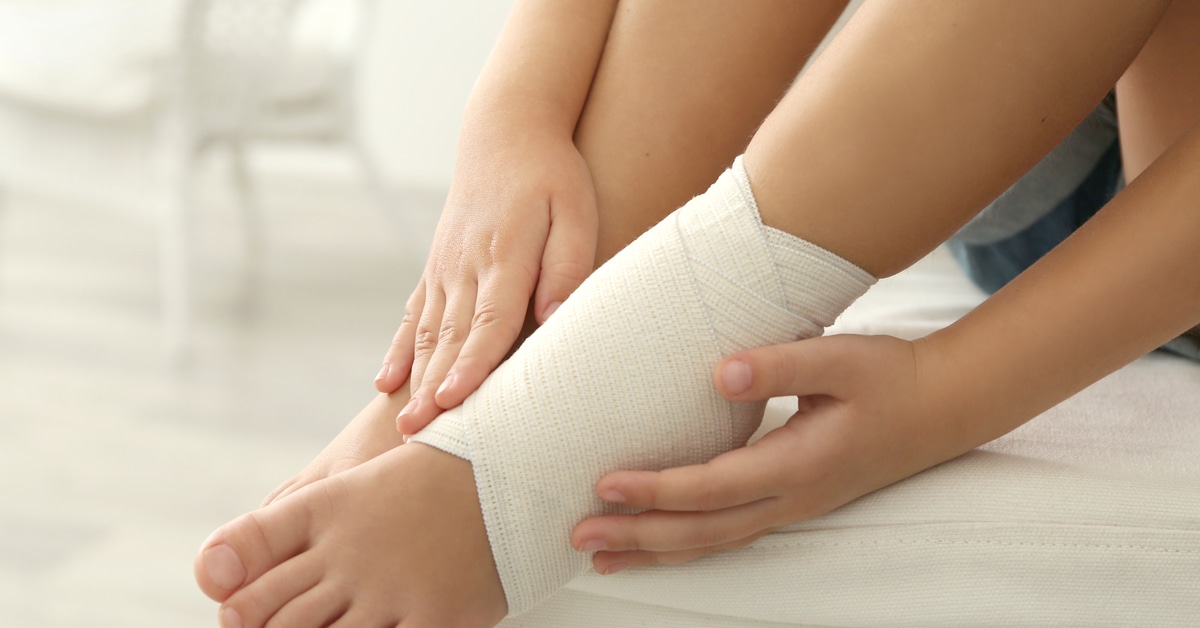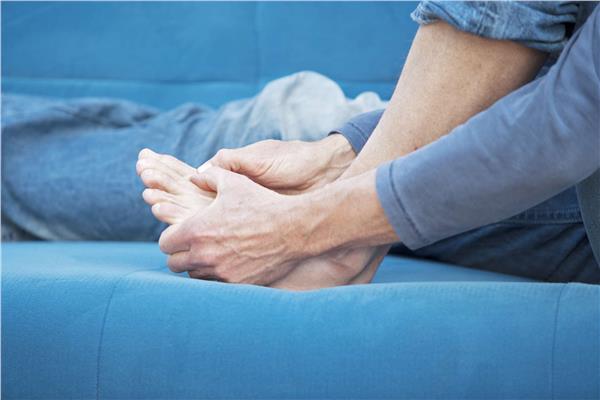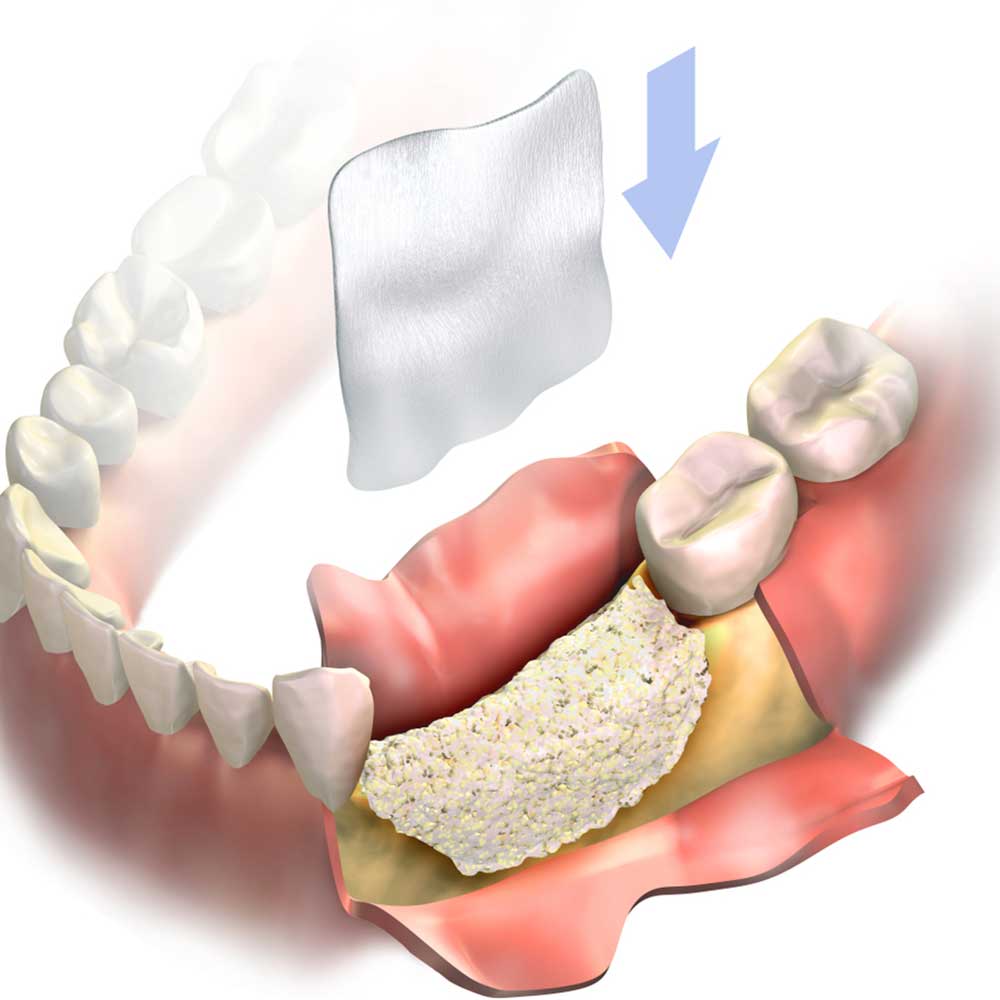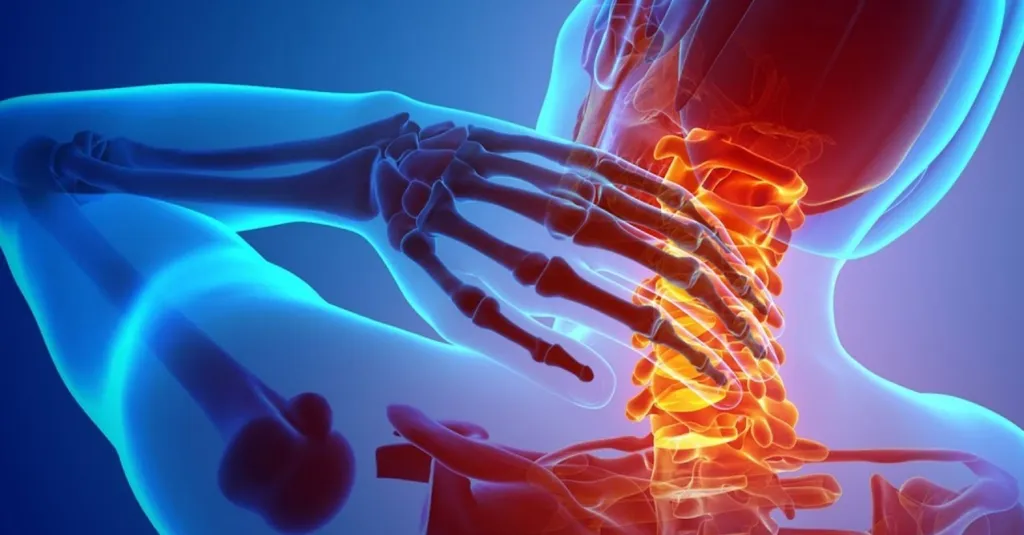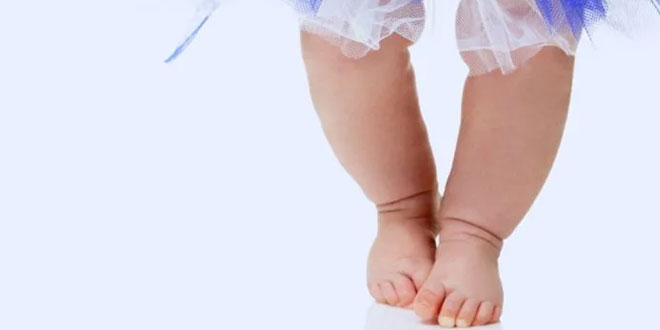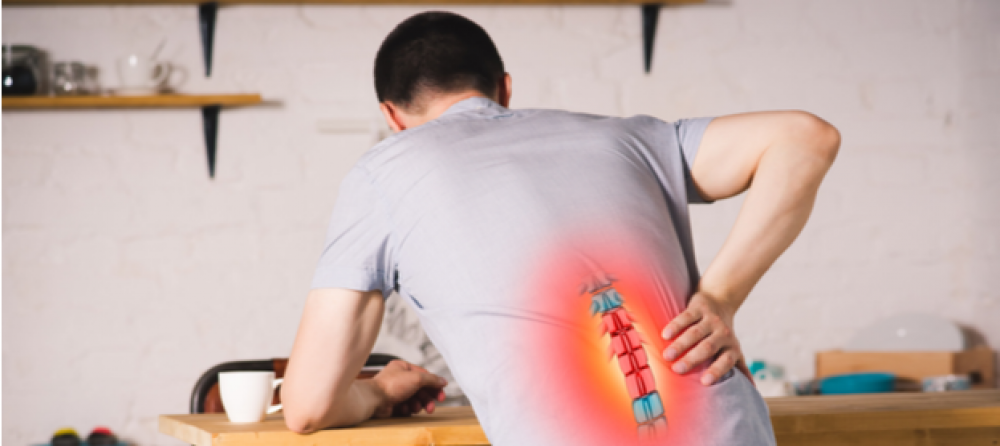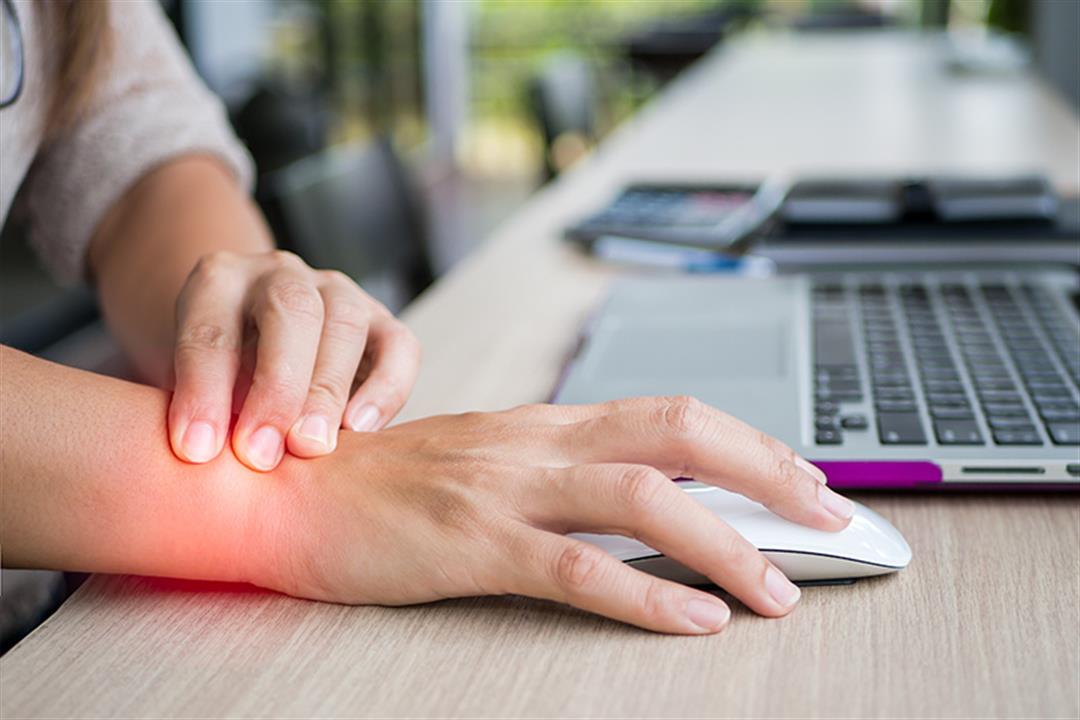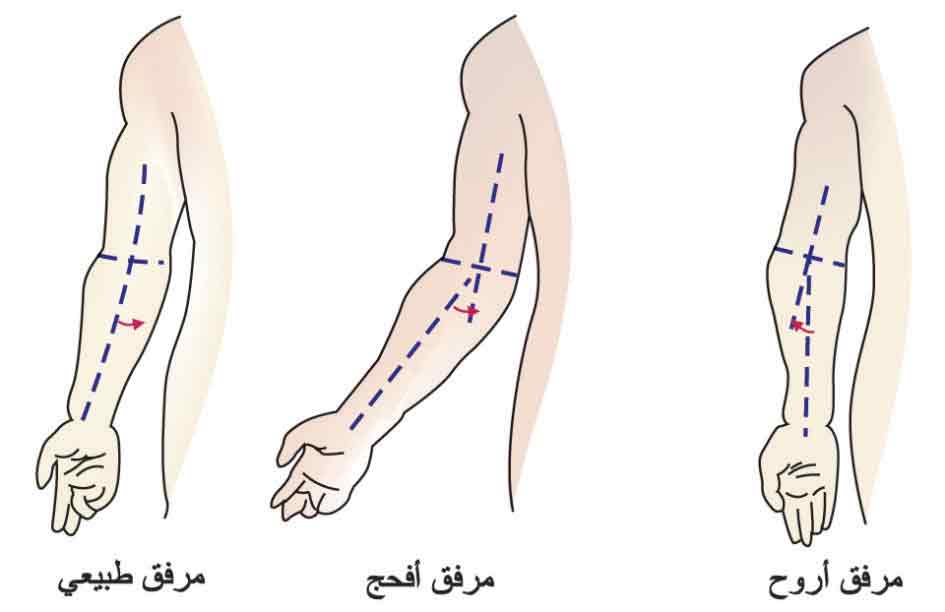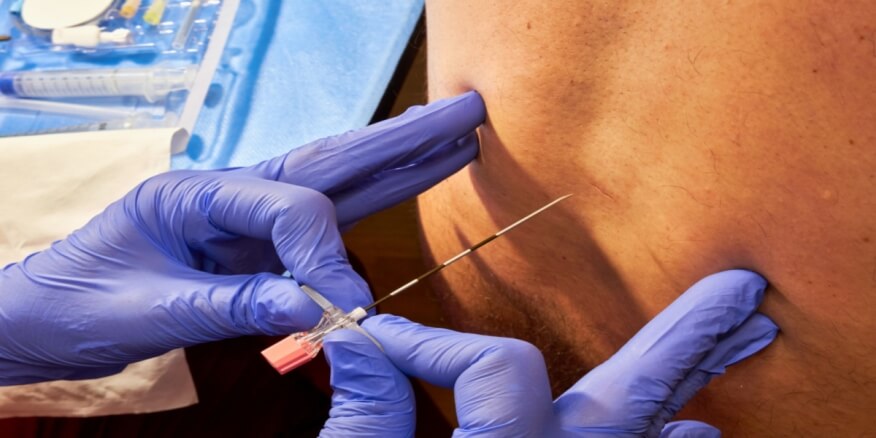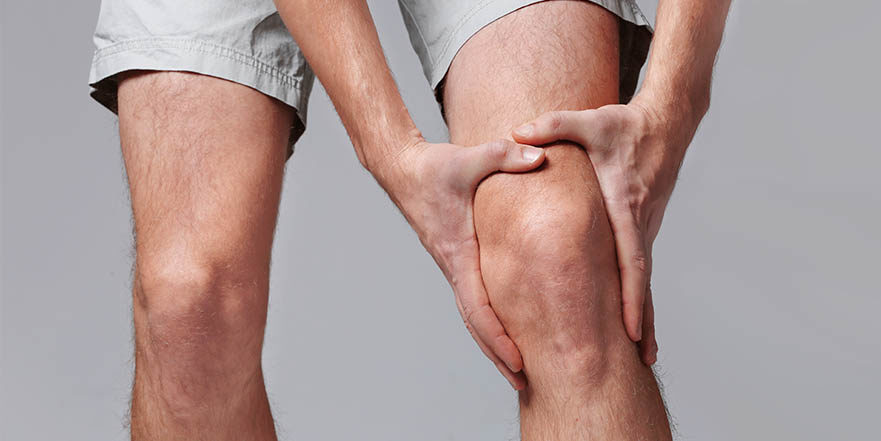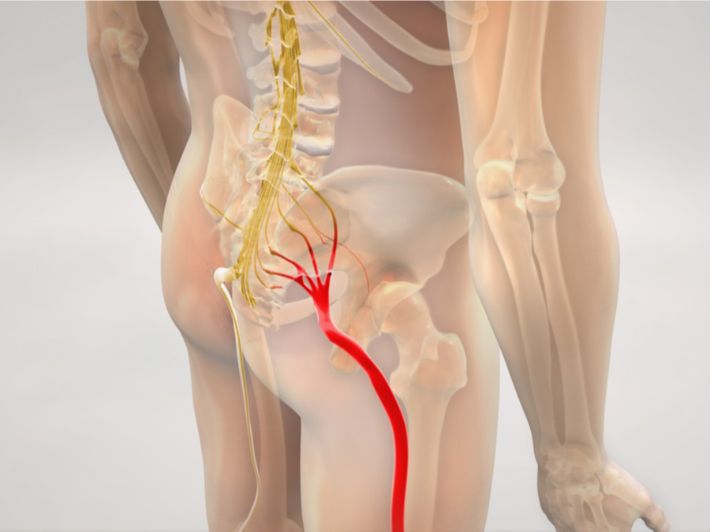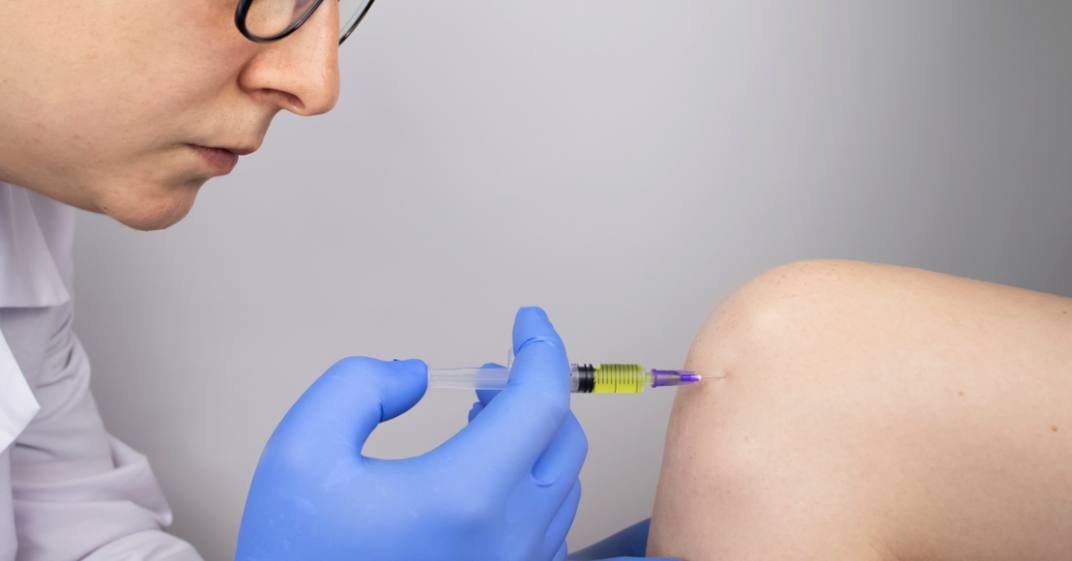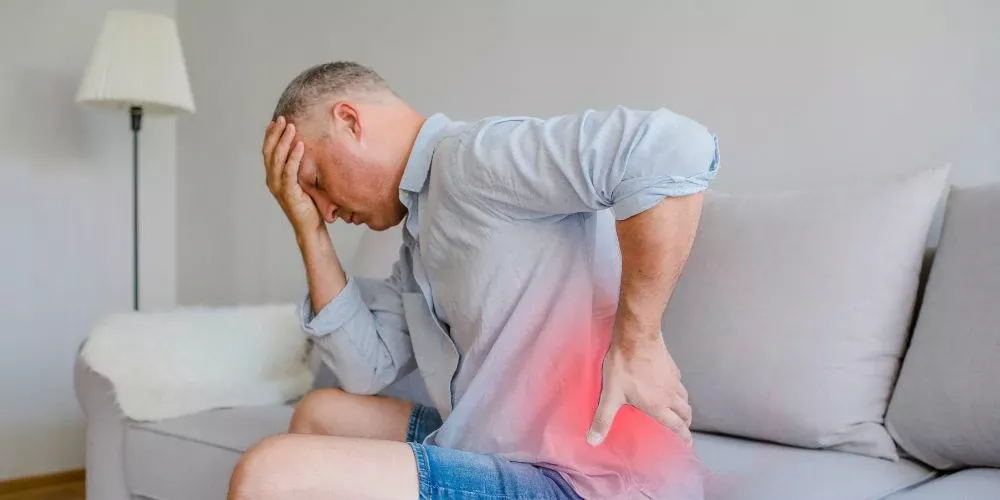Effective ways to treat knee stiffness and the best doctor for it!
Treatment of Knee Stiffness, in the following paragraphs, we will become familiar in detail with the most effective therapeutic methods in order to overcome knee stiffness, in addition to addressing the various causes of stiffness and its most important symptoms and complications resulting from it. We will also shed light on the recommended exercises prescribed by orthopedists in this case, so follow us.
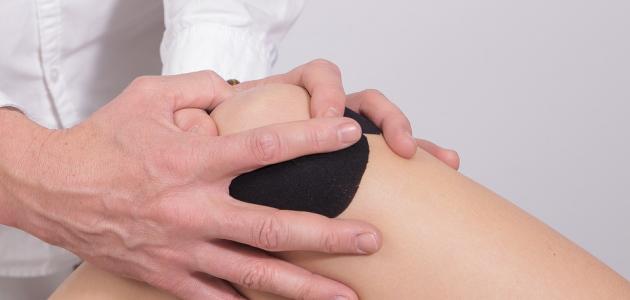
Treatment of Knee Stiffness
Many people suffer from the problem of knee stiffness, a condition that causes difficulty in joint movement and reduced flexibility. Fortunately, there are effective steps that can be taken to treat this problem. In this list, we will review 5 different ways to treat knee stiffness, which are as follows:
- Exercise:
The first and primary treatment for knee stiffness may be to practice appropriate exercises. Exercises to strengthen the muscles surrounding the knee can help improve joint flexibility and reduce pain. It is advisable to consult a physical therapist to determine the appropriate exercises and necessary guidance. - Using Ice and Heat:
Cold and hot compresses can be effective in relieving symptoms of knee stiffness. A cold compress can be applied to the affected joint for 15-20 minutes to reduce inflammation and pain. After that, a hot compress can be applied for a similar period of time to improve blood flow and relieve tension. - Taking Pain Relievers:
In some cases, the person may need to take pain relievers to alleviate pain and swelling. Consult your doctor to determine the appropriate dosage and duration for taking the medication. - Cortisone Injections:
If symptoms do not improve after using the previous treatments, your doctor may recommend cortisone injections. These injections provide rapid relief from pain and swelling and can be effective in cases of severe stiffness. - Physical Therapy:
For those suffering from chronic and acute knee stiffness, physical therapy may be required. Physical therapy can include techniques such as muscle massage, rehabilitative exercises, and guided joint stretching. Physical therapy works to strengthen the muscles and improve joint movement.
Causes of Knee Stiffness
Knee stiffness is a common condition that many people suffer from, and its causes can be varied and diverse. Here is a list of some common causes of knee stiffness:
- Knee Roughness: Knee roughness is considered one of the most prominent causes of joint stiffness, as this condition causes damage to the knee cartilage and restricts its movement.
- Rheumatoid Arthritis: Rheumatoid arthritis is a common cause of knee stiffness, as inflammation causes decreased ability of the joint to move properly.
- Previous ACL Injury: Having undergone surgery to repair the anterior cruciate ligament (ACL) may lead to knee stiffness as a result of restricted movement after surgery.
- Sports Injuries and Physical Violence: Knee injuries may occur as a result of physical violence or intense sports activities, causing joint stiffness.
- Advanced Age: Advancing age is a contributing factor to the development of knee stiffness, as the likelihood of knee joint damage and restricted movement increases with age.
- Other Diseases: It is possible that knee stiffness may result from other diseases such as arthritis, gout, and other inflammatory conditions.
- Excess Weight: Excess weight affects the joints, subjecting them to increased pressure and stress, which can eventually lead to knee stiffness.
- Diet: The type of foods a person consumes can influence the occurrence of knee stiffness. Some food products, such as dairy products, may increase the likelihood of conditions leading to joint stiffness, such as gout.
Symptoms of Knee Stiffness
When walking and standing become a difficult task due to knee stiffness, a person may feel frustrated and anxious. Knee stiffness is one of the symptoms of arthritis that a person can suffer from. In this article, we will review the most prominent symptoms associated with knee stiffness, which include the following:
1. Pain
People suffering from knee stiffness experience severe pain in the knee area. The pain may be constant or increase with movement. It is possible for the person to feel a throbbing in the knee while walking or even while sitting.
2. Difficulty Moving
Knee stiffness leads to difficulty in moving the knee normally. The person may feel heaviness in the knee and an inability to straighten or bend the knee easily. This restriction in movement affects the flexibility of the knee and prevents it from moving smoothly.
3. Swelling of the Knee
The affected knee with stiffness becomes swollen and inflamed due to joint congestion and fluid accumulation. The swelling may be noticeable and sometimes painful to touch.
4. Grating Sound
Some people with knee stiffness may notice a “grating” sound when moving the knee. This crackling sound may be accompanied by pain and stiffness and may result from bone friction or calcium deposits in the joint.
5. Difficulty Standing and Sitting
A person with knee stiffness may find it difficult to stand and sit for long periods. They may feel unstable when standing and have difficulty sitting completely. The person may need to rely on canes or crutches to support their body weight.
6. Knee Stiffness After Rest
Stiffness may be severe after prolonged rest or upon waking in the morning. Moving the knee becomes very difficult after a period of inactivity, and the person needs some time to be able to move the knee normally.
Remember that these symptoms may indicate a problem with the joint, so it is important to consult a doctor for an accurate diagnosis and appropriate treatment. For more details on joint stiffness in general, click here.
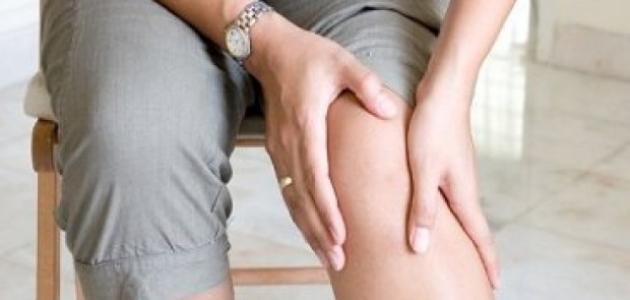
Exercises that Help in Treating Knee Stiffness
Knee Muscle Relaxation Exercise:
- Sit on a straight chair with your feet on the floor.
- Slowly, and without exerting force, extend one leg in front of you.
- Keep the extended leg for 10 seconds, then slowly bend it to the maximum angle.
- Be sure to extend the leg again and repeat the process for 10 repetitions.
- Repeat the previous steps with the other leg.
Thigh and Hip Muscle Strengthening Exercise:
- Stand with your feet together.
- Shift your body weight to the heels of your feet and secure your toes on a stable surface.
- Slowly bend your knees until your thighs form a 90-degree angle, then return to the standing position.
- Repeat the process 10 times.
Front Thigh Muscle Stretching Exercise:
- Stand with your right foot in front of your left foot.
- Bend your right knee until you feel a stretch in the muscles.
- Hold this position for 10 seconds, then return to the starting position.
- Repeat the exercise with the left leg.
Lateral Thigh Muscle Strengthening Exercise:
- Stand on a level surface with your feet shoulder-width apart.
- Bend your body to one side while keeping your spine straight.
- Make sure to engage the lateral thigh muscles on the bent side.
- Hold this position for 10 seconds, then return to the starting position.
- Be sure to repeat the exercise on the other side.
Calf Muscle Strengthening Exercise:
- Lie on your back with your legs extended.
- Slowly bend your knees until a 45-degree angle is formed.
- Gradually raise your right leg until you reach a comfortable height, then return to the starting position.
- Be sure to repeat the exercise with your left leg.
Complications of Knee Stiffness
Knee problems are common issues that many people suffer from, and among these problems is joint stiffness as a troublesome issue. Joint stiffness can occur due to several factors, such as arthritis, an old injury, or accidents. Stiffness causes reduced joint movement and difficulty in moving the knee.
In this article, we will look at some of the potential complications of knee stiffness, which include the following:
- Rheumatoid Arthritis: Rheumatoid arthritis is one of the diseases that can cause joint stiffness. The synovial membrane surrounding the joint is attacked, causing painful swelling. Symptoms may subside, and the severity can range from moderate to severe.
- Gout: Gout most commonly occurs in the big toe and is a type of arthritis that causes swelling and pain in the joints and bones.
- Vascular and Nerve Complications: In the event of a knee injury, complications may arise that affect the surrounding blood vessels and nerves. This can lead to other health conditions that require immediate treatment.
- Osteoporosis: Knee stiffness may increase the risk of developing osteoporosis, where bones become brittle and prone to fractures.
- Movement Problems: Complications of knee stiffness may arise that significantly affect a person’s mobility. The patient may feel difficulty in moving the joint, and sometimes the feeling may be that movement is completely restricted.
- Joint Swelling and Skin Redness: It is possible for someone with knee stiffness to notice swelling and redness in the skin area surrounding the affected joint.
Can Knee Stiffness Be Cured?
Knee stiffness after ACL surgery or any other knee surgery can be cured, and the knee may return to normal over time with proper physical therapy. It is recommended to practice massage and physical therapy to move the joint and strengthen the muscles surrounding the knee. In case of previous fractures in the legs, close follow-up and physical therapy are necessary to improve knee movement and achieve complete healing from knee stiffness.
Compliance with the doctors’ instructions and following the necessary rehabilitation is crucial to ensure successful recovery from knee stiffness.
Enjoy life without restrictions with comprehensive treatment for knee stiffness with Dr. Amr Amal, who adopts a personalized approach and modern techniques to achieve rapid healing and remarkable results.
Herbal Treatment for Knee Stiffness
Knee stiffness is a common condition that people may experience due to injury or advanced age. To improve your condition and alleviate the symptoms of stiffness, you can use herbal and spice remedies known for their benefits in reducing inflammation and promoting overall health. Here are 5 natural options for treating knee stiffness:
1. Willow Bark Treatment
Willow bark is considered one of the most widely used herbal remedies around the world. There are different varieties of willow plants, such as white, black, and purple, all of which contain natural compounds that help reduce inflammation and improve overall body health.
2. Chamomile
Chamomile contributes to pain relief due to its calming effect on the nerves and reduction of pressure on them. You can use chamomile extract in the form of a cream or oil to massage the affected area and reduce pain and swelling.
3. Mustard Oil
Mustard oil is an excellent option for treating knee stiffness, as it contains natural components that help stimulate blood flow in the veins around the knee, thereby reducing pain. You can apply mustard oil to the knee and gently massage it to improve circulation and reduce pain.
4. Eucalyptus
Eucalyptus leaves are considered effective in treating knee inflammation and improving its movement. You can use topical eucalyptus oil by applying it to the knee to reduce pain and swelling.
5. Aloe Vera
Aloe vera is an effective natural remedy for relieving knee stiffness and improving flexibility. You can use aloe vera gel by applying it to the knee and massaging it to soothe pain and reduce inflammation.
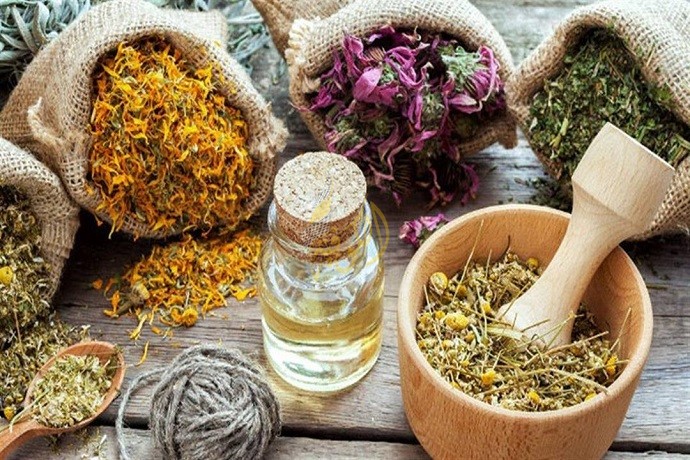
How Long Does It Take to Treat Knee Stiffness?
The duration of treatment for knee stiffness varies depending on the severity of the condition. It may take from one to two years for the patient to regain their previous condition. In some advanced cases, knee replacement surgery may be required as a final solution. Additionally, the treatment methods differ depending on the degree of joint damage. It is advisable to practice physical exercises and consult a specialist doctor immediately to determine the appropriate treatment and start it as soon as possible.
Get ready to overcome knee stiffness and move with confidence with Dr. Amr Amal, who provides comprehensive care and specialized treatments to effectively improve knee flexibility and movement.
Should I Visit a Doctor for Knee Stiffness?
It is advisable to visit a doctor if you experience knee stiffness, for several important reasons. First and foremost, knee stiffness is a significant symptom that requires diagnosis and treatment from a medical professional. Stiffness may result from joint problems or various inflammations, and it is important to identify the exact cause and take appropriate steps for treatment.
Visiting a doctor will help determine a suitable treatment plan aimed at relieving knee stiffness and improving its overall condition. In many cases, the doctor may refer you to a joint specialist for further diagnosis and specialized treatment. We should take care of our knee health and seek the necessary medical assistance in case of stiffness.
Best Doctor for Treating Knee Stiffness
Dr. Amr Amal is considered one of the best doctors in treating knee stiffness. Dr. Amr currently works as a consultant in orthopedics and joint surgery at Dar Al Fouad Medical Tower. His extensive experience and comprehensive knowledge in this field make him a leading reference in the treatment of knee stiffness.
Dr. Amr’s treatment methods rely on the use of the latest techniques and modern devices in combating this troublesome health issue. He uses medication, joint injections, and other therapeutic methods, such as arthroscopic surgery and joint surgeries, with a focus on improving restricted knee movement. Dr. Amr also possesses strong consultative skills and valuable teaching experience at Ain Shams University, which enhances his credibility and the trust he enjoys among patients and colleagues in the medical field.
Dr. Amr Amal is also distinguished as a professional who provides comprehensive care for patients suffering from knee stiffness. His commitment to improving patients’ quality of life and providing effective treatment is among his top priorities.

